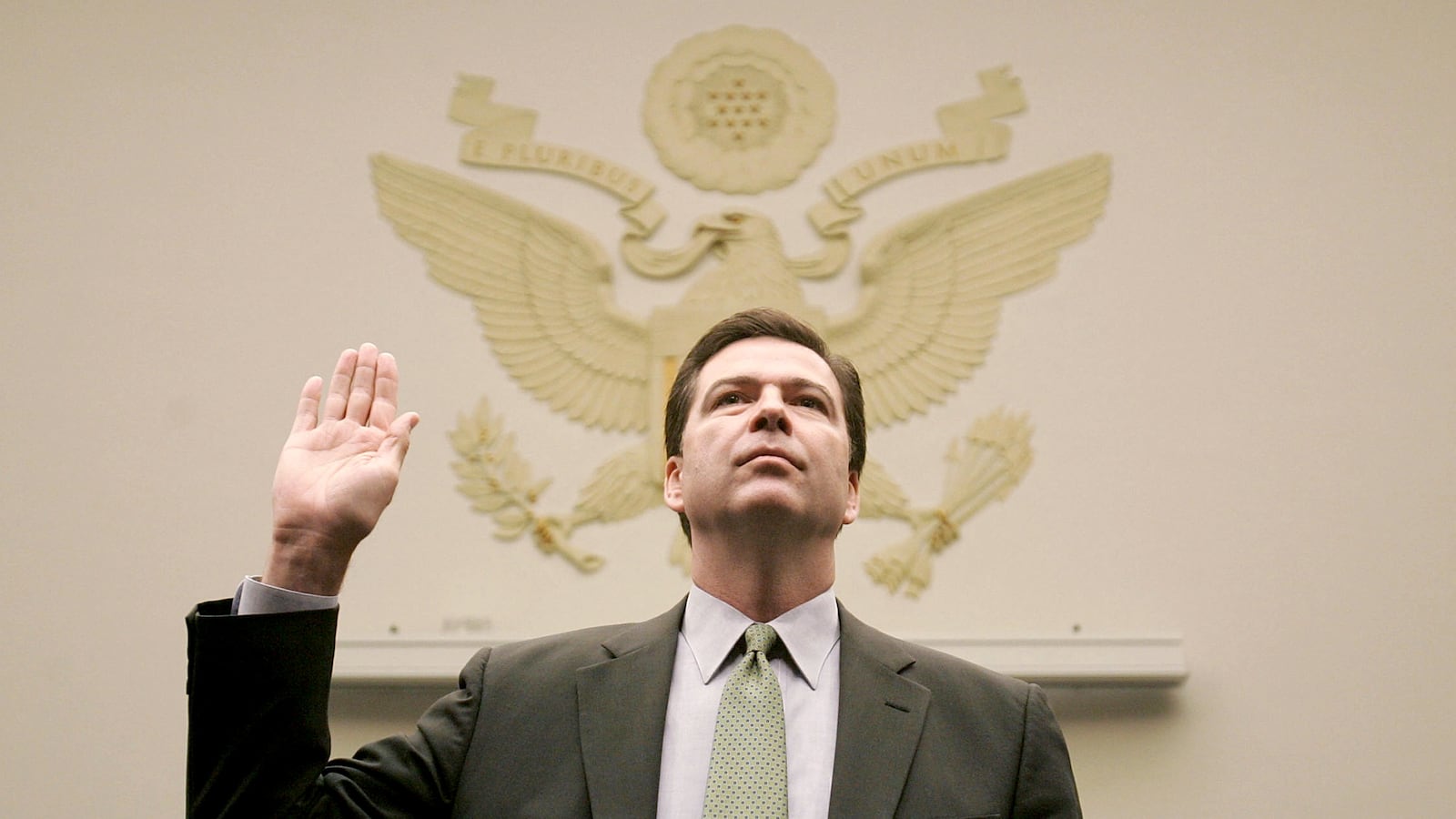There aren’t many appointments a president makes that are more sensitive—or potentially perilous—than FBI director. That’s obvious to anyone even casually familiar with the fraught relationships between U.S. presidents and J. Edgar Hoover, who sat astride the bureau for 48 years. For decades after his death, the FBI was haunted by the legacy of Hoover’s abuses. Every appointment since then has, in a sense, been made in his shadow.

Getting the balance right isn’t easy. Choose someone who is too loyal, and you open yourself to accusations that you are compromising the FBI’s independence and integrity. But choose someone who is too independent, and you risk creating tensions between the bureau and the White House. While these tensions are unlikely to ever again be as toxic as they were during the Hoover era, they can cause problems nonetheless. Bill Clinton learned this the hard way: his appointment of Louis Freeh—a former FBI agent, prosecutor, and judge with a ramrod straight reputation—was at first hailed, but the relationship was soon poisoned by mutual suspicions.
In choosing to nominate James Comey to run the FBI, Obama is acting within the tradition of presidents who wanted to be able to say they had appointed a law-enforcement officer who was independent, incorruptible, and beyond politics. Indeed, Obama chose Comey over Lisa Monaco—his current counterterrorism adviser—in at least small part to avoid the perception that he wanted to place a loyalist inside the bureau, according to a source familiar with the selection process.
Comey has legions of supporters who see him as a paragon of virtue. He also has the benefit of having been the main protagonist in an iconic drama that shaped his public image as an unswervingly principled lawman.
In 2004, as deputy attorney general, Comey led an insurrection against some of the Bush administration’s most controversial counterterrorism policies. In one now infamous scene, he raced to John Ashcroft’s hospital room to thwart the efforts of the Bush White House to get him to sign off on a controversial wiretapping program. Comey also stood up to President Bush himself in the Oval Office, threatening to resign if Bush reauthorized the wiretapping program over his objections. As a measure of the loyalty Comey commanded, FBI Director Robert Mueller and numerous other Justice Department employees had prepared their own letters of resignation. Bush—whose nickname for Comey was “Cuomey,” as in Mario Cuomo—backed down.
To Comey, according to those who know him well, his action was based on an elemental principle: that Justice Department officials, sworn to uphold the law, cannot stand by when they believe a federal statute is being violated, even if it is being done at the direction of a president. “He has a rock-solid commitment to the rule of law in keeping with the very best traditions of the Bureau and the Department of Justice, and unshakeable integrity,” says Dan Levin, who worked in the Bush Justice Department and was part of the Comey-led rebellion against harsh interrogations and warrantless wiretapping.
But there is also a dissenting view of Comey. Some former Bush administration officials look at the same actions and see a streak of self-righteousness and a flair for melodrama that has at times clouded his judgment. Critics contend that Comey had no business interfering with the presidential “national security command authority,” as one former Bush administration official saw it.
“If past is prologue,” says one former Justice Department official who worked with Comey and knows him well, “something will happen in the context of a legal, policy, or operational disagreement where Jim may get on the high horse and threaten to resign or take some other action unless things go the way he believes they should.”
As unpopular within the Bush White House as Comey’s stand was on the warrantless wiretapping and torture programs, it was another decision he made that most embittered some of his former colleagues. It was Comey who appointed former Chicago U.S. attorney Patrick Fitzgerald to investigate the outing of undercover CIA operative Valerie Plame. Fitzgerald, a close friend of Comey’ and a former U.S. attorney in Chicago, was known as one of the Justice Department’s most tenacious and independent-minded prosecutors. From the White House’s perspective he was an Inspector Javert who tied Bush officials up in years of protracted legal battles, incurring untold sums in lawyers’ fees and throwing them off of their policy agendas.
Obama will be appointing Comey at a time when numerous legal controversies are swirling around the White House, from the Justice Department’s zealous investigation of leaks to the IRS’s targeting of conservative political groups. His nomination may be intended to send a message that the White House has nothing to fear from an aggressive, independent-minded FBI director. Until it does.






